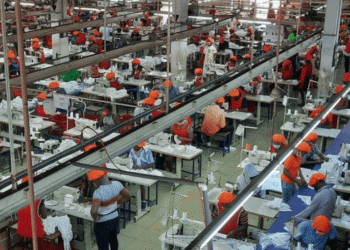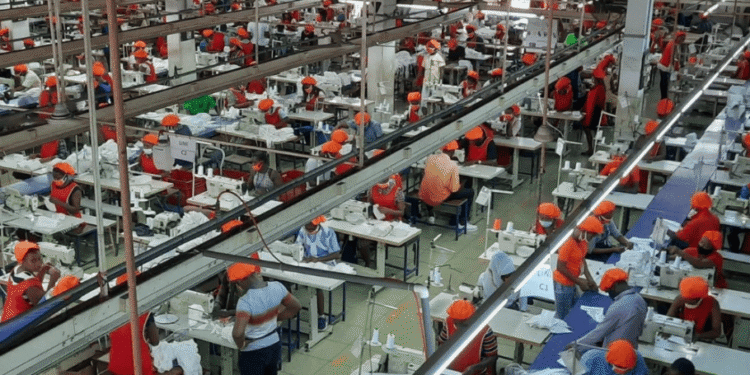Economist, Professor Peter Quartey has downplayed any possible increases in the prices of goods and services even though there has been an increase in inflation.
According to him, the 0.2 percent increase in inflation from 11.2 percent in June to 11.4 in July is insignificant and will not affect the prices of goods or the cost of doing business in the country.
However, this increase according to the data from the Ghana Statistical Services (GSS) shows that this is the highest recorded inflation rate in more than two years.
In an interview, the Director of the Institute for Statistical Social and Economic Research (ISSER) indicated that, even if prices of goods and services go up, it will not be as a result of the increase in inflation.
“The increment is very marginal and might not affect business operations by any significant margin. If it had been quite significant then banks might build that into their cost of lending and also cost of inputs might go up and other costs. But this is quite marginal so I don’t expect it to influence cost of operations as far as I’m concerned. Since the increment is very marginal you wouldn’t expect others to adjust their cost.”
According to figures from the GSS, increases in food prices continued to influence the rate of inflation in the country.
The non-food group recorded a year-on-year inflation rate of 9.7 percent in July 2020 which is 0.5 percentage points higher than the 9.2 percent recorded for June 2020. Housing, Water, Electricity and Gas were the key drivers of the non-food inflation in July, at 20.3 percent.
The food and non-alcoholic beverages inflation rate recorded a year-on-year inflation rate of 13.7 percent for July which is 0.1 percent lower than the 13.8 percent recorded for June 2020. Also, the July rate is 1.4 percentage points lower than that of May 2020, which was 15.1 percent. The hike in the inflation rate for this group in May is largely because of the lockdown that was imposed on Greater Accra and Greater Kumasi to curtail the spread of the coronavirus.
Three subgroups recorded inflation rates higher than the group’s average rate of 13.7 percent. These are Vegetables at 28.2 percent, Fish and other Seafood at 16.1 percent, as well as Fruits and Nuts at 13.0 percent. Month-on-month inflation for Fruits and Nuts stood at 0% while Vegetables recorded a negative inflation of -1.5%.
This translates to food being the predominant driver of year-on-year inflation in July. As food contributed 53.0 percent to year-on- year inflation, it is still the predominant driver of year-on-year inflation, but it contributed less than in the previous three months.
The Non-Food Subclasses with the lowest inflation were Life and Accident Insurance (-13.4%), Electricity (-35.5%) and Electric Appliances for Personal Care (-66.4%).
Also, the inflation of imported goods was 5.1%, while the inflation of local goods was 14.1% on average.
At the regional level, the Greater Accra recorded the highest year-on-year inflation of 16.2%, whilst the Volta Region recorded 4.2%.























